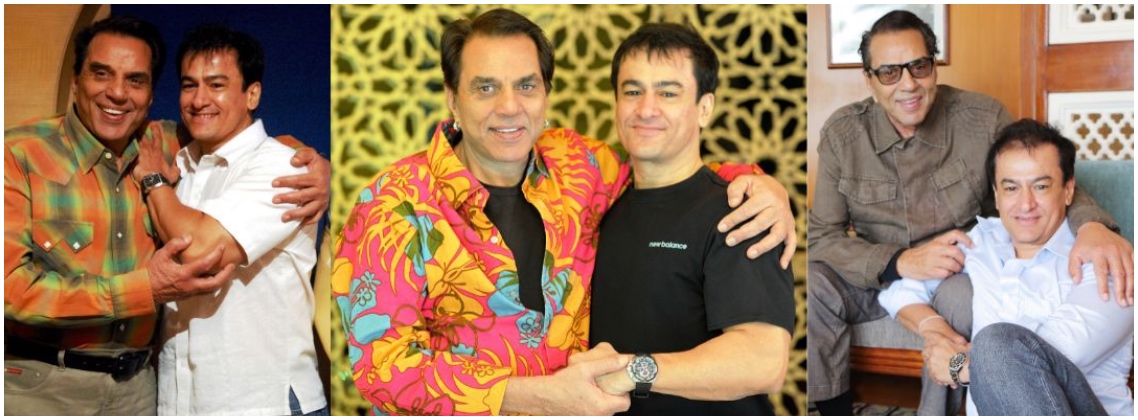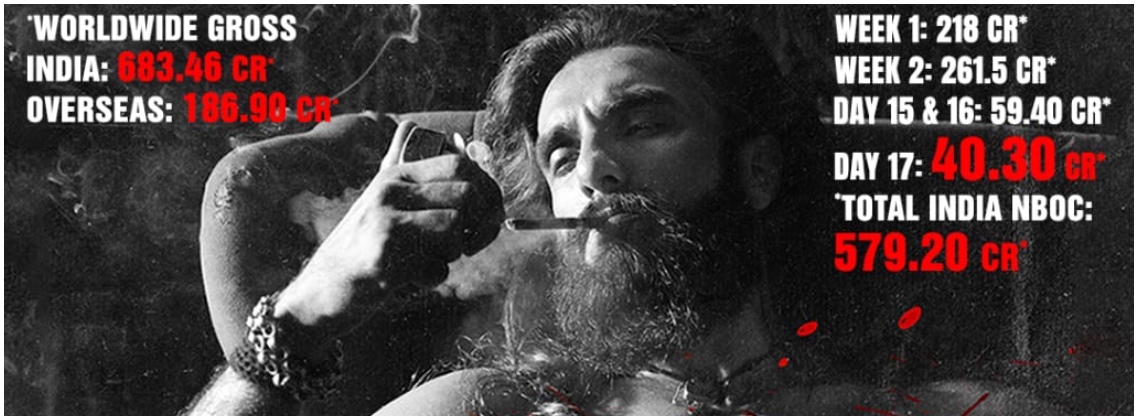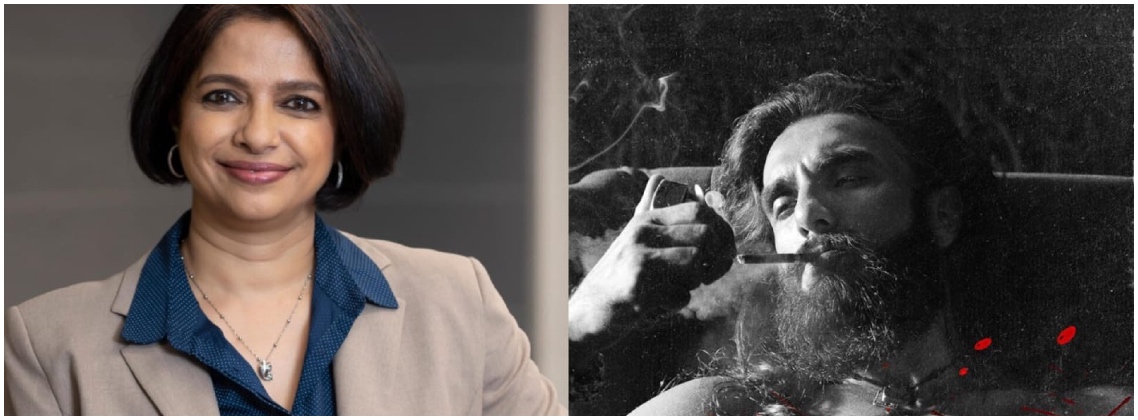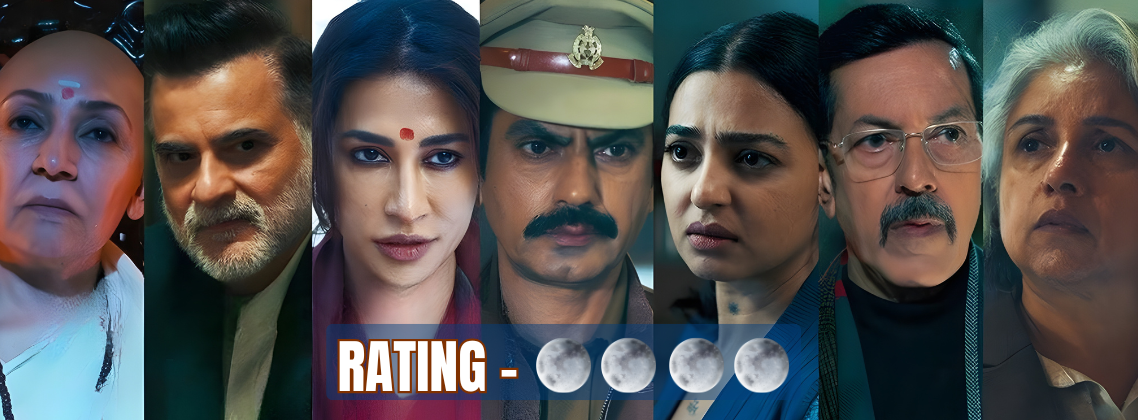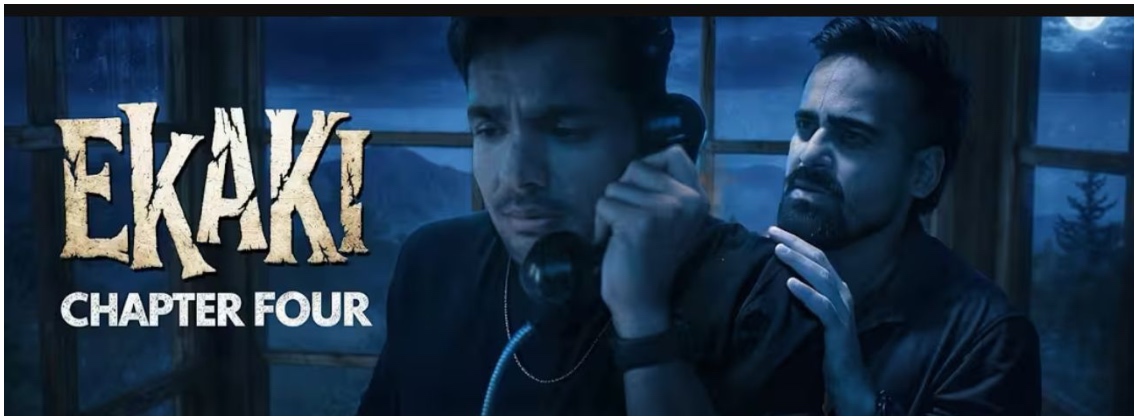Renowned producers Ekta Kapoor and Guneet Monga joined hands with author-director Tahira Kashyap to launch Indian Women Rising (IWR), a cinema collective that aims to support and empower Indian female talent in the industry. IWR's first short film was Bittu directed by Karishma Dev Dube. The short film based on the 2013 school poisoning incident in Bihar has made it to the Live Action Short Film shortlist for the 93rd Academy Awards which will be held on April 25.
Now, with a few weeks left for the Oscars, PeepingMoon.com got in touch with Karishma, whose vision was applauded nationally and internationally. An Indian filmmaker based in New York, Karishma wanted to humanise the incident rather than focus on what led to the food poisoning. Along with her sister Shreya Dev Dube, the filmmaker told us that she used her childhood experiences to breathe life into the characters of Bittu and Chand played by Rani Kumari and Renu Kumari. Stating that there is no formula to make it to the Oscars, Karishma felt proud that the team of women made it so far.
Excerpts from the interview:
Bittu made it to the Live Action Short Film shortlist for the 93rd Academy Awards. How surreal does it feel? Do you feel some sort of pressure?
It is kind of sinking in every day. I am also trying to focus and my eyes are set on what happens a few weeks later. I just want to make sure we put our best foot forward. I feel very grateful and proud.
If someone would have told me this would be happening a few months ago, I wouldn’t have believed it. There is an inherent pressure that comes with that. But I’m also learning a lot very quickly. I’m trying to enjoy the process and be less anxious. I’m blessed to have a great team in Bombay, LA and everywhere in between. It’s like a lot of mixed feelings but definitely some amount of pressure.

Rani Kumari aka Bittu
How did Rani Kumari and Renu Kumari react to the nomination? Was it a challenge to make the girls understand your vision?
They were very excited that the film is doing well but still have a hard time trying to understanding what the Oscars mean. As much as I can help, I’m trying to keep them out of it. I don’t know whether it's right for them to be projected to all of this, but their parents are very proud and they have all their blessings and prayers. We are all in it together. They are very much a part of this achievement. I want them to experience and enjoy that. When I’m back home in India, I want to celebrate it with them.
When I found them, the challenge was more to bring my vision and make it more like their real lives and convert the fictional world to be as close as possible to who these kids were and how they saw the world, act, behave and speak to each other. So, on sets, it didn’t feel like they had to travel very far to meet my vision as much as just be themselves and be comfortable in front of the camera to act exactly as they are. I’ll also say Rani Kumari and Renu Kumari were very sharp and astute actors. They knew what I wanted. Sometimes, they had the idea of the fictional characters of Bittu and Chand so set in them that they could switch and act like the opposite characters for some takes. If I asked them to reference a part of their lives or someone whom we knew and act as if they were in the situation, they were very sharp enough to go up to that memory and actually be able to perform. They are some of the best actors I have worked with.
In the first scene, Bittu and Chand are surrounded by a few men who make them dance to Bhojpuri songs. What’s the idea behind the scene?
The whole film is basically about our inability as a society to protect our most vulnerable elements of society. I wanted to create a sense in the film where you are watching these girls go through a very normal day but you are also privy to all these things that they see, experience and consume when they are unsupervised. There is some kind of danger in different forms at every corner. Of course, it culminates into food poisoning at the end of the film but it takes different forms throughout the film. This kind of sexually inappropriate material, their closeness to it and performing it was in some way speaking to that thematically as well. There is something about these kids just being street-wise and using whatever they know to make a quick buck. This is a reality in so many places in India. But that scene is inspired directly by the culture of children performing Bhojpuri songs on stage for a village and is a form of recreation for a big crowd. Somehow, it feels alright and people believe it is allowed as these songs are coming through a child and aren't presented as obscene but it very much is. It doesn't take away the shadiness if a child is performing it. But it is also a part of their culture. In reality, I didn’t teach them (child artists), they taught me the songs. I had never heard them before. They are just emulating these music videos without thinking much about it. They are not putting in all these layers that we as adults do. In terms of shooting it, we were very particular about not making them relive and do the actual thing. That particular scene was cheated and the kids were never with the men.
Bittu shows an India that is unknown to many. It introduces people who are rather invisible, marginalised. How challenging was it to create a world less explored?
No, I think there were films that go into a new space. They visually move away from the typical image of India that we see with a yellow tint, barren lands and very bright colours popping out. I wanted to show the mountains that don’t look like the Himalayas but they are very much a part of the region of India that is very familiar and very close to my heart. I grew up not very far from where we shot the film. There were many reasons why we shot in this place but Shreya and I worked really hard to capture the film in a way that felt new. She did a great job in creating this colour palette that is not very usual of what you see in India. You desaturate the whole image and the greens and blues are not true greens and blues.
.jpg)
Cast of Bittu
Why did you choose the 2013 school poisoning incident in Bihar as the subject of your short film?
When I first heard about it, I didn’t think that I will be making a film about it. It was something that stayed with me for a long time because it was horrific. It had a lot of media attention-nationally and internationally. I had a lot of images and footage of the incident that I couldn’t turn off in my head. There was an image of the classroom of the actual school where the kids’ bags and books are left. It looks as if they have just gone out of the room but they’ll never really come back. The image made it to the film. It was something in my subconscious mind and I wanted to reimagine and explore the human experiences behind this day and what it must have been like. It was the character of Bittu that made me stick to it and explore it over the years.
Were the characters developed keeping your personal life experiences in mind?
After a while, that’s what happens. Bittu and Chand are very reflective of who my sister and I were while growing up, what these friendships looked like when you are growing up away from home. Your friends are your family. I had a bit of a weird relationship with the authorities and so did my sister. So a lot of those experiences from the classroom have made it back into this film. Bittu was an amalgamation of so many people I knew. It is a bit of everything.
The Bihar incident angered many and questioned the situation/condition of mid-day meals. Has the situation improved?
I know it has happened since that incident and since I shot the film also. I won’t say it has improved. I researched a lot and saw a lot of schools that had this program which is in itself very good. It is one of the largest food programs. The way it is designed is up to the local community to implement. They don’t get precooked meals but they get ration to cook them in the kitchen which is often in the school itself. I met a lot of people who are doing a great job to make a safe environment for these kids. So that also exits. I’m not an activist or NGO particularly involved in this but definitely, there is a need for some kind of a design of accountability so that it ensures the quality of the food is always inspected. I know there is a rule that you have to taste the food before feeding it to the kids. But in this case, it didn’t happen. Basically, we could have avoided this whole incident if the Principal had just done her duty carefully.

Karishma Dev Dube
The heart of the film belonged to Bittu and Chand and not the incident. It wasn’t preachy. Did that work in favour of Bittu?
Yes, definitely. I don’t think you can speak and give political ideas or try to change the world with your film. The best you can do is to do justice to the character you are trying to detail in the story and create a universe within the film that is believable. At least I wanted to give the audience something to trust, follow and enjoy. I didn’t want the film’s effectiveness to be lying with sensationalizing the violence or making it difficult to digest. I was trying to speak about a lot of things in 16 minutes. The work was more about finding a way for all of these themes to converge.
It is your first collaboration with Ekta Kapoor, Tahira Kashyap and Guneet Monga. An all-women team. Are we now heading towards a more progressive society?
That’s a very big assumption from a small collaboration. I can’t speak for the entire country or society. But I think it is a step in the right direction. There is a big dearth of institutional help in India. I think what they have done with the collective is really important and amazing and first of its kind. I hope more people follow suit. There is a lot of room for people to present this help to emerging filmmakers. I have experienced the lack of aid in India firsthand.

Ekta Kapoor, Guneet Monga & Tahira Kashyap
Guneet Monga won the Oscars for Period. End of Sentence (2018). Do you think bringing a trophy home will be easy with her being associated with the project?
Her experience is precious and she has been very supportive. But it depends on so many things that are out of our control. So many people are responsible for taking us to that level. We don’t know who they are what they are doing. It ultimately comes down to the work that speaks for itself. But we’ll see. All fingers crossed. I’m very proud of the team behind Bittu. We all are very happy that we women made it so far.
Films that are hard-hitting and dark make it to the Oscars. What are the boxes you need to tick to reach that stage?
I don’t know if that’s true. I think people like very inspiring, larger-than-life, cleanly built and slick films. Honestly, I didn’t make the film with the design that I want to win an Oscar. I wanted to tell a story in the best way I could. The fact that we are here, I think something must be working and resonating with that audience. I don’t think there is a formula.
.jpg)
Karishma Dev Dube with the cast of Bittu
Do you feel films like Bittu aren’t promoted well in the country?
I don’t think that’s true. I have been very lucky to find a lot of support for the film in India and whoever has seen it so far has really loved it. Those are people from across the board. It's not that I am receiving support from specific places. A lot of people have been able to watch it in a democratic way. They have expressed a lot of love. People are hungry for more stories that feel real rather than escapist and fantastical. I think we underestimate our audience.
Any plans to expand the universe?
No. I’m dying to move on to a different universe.

.jpg)

